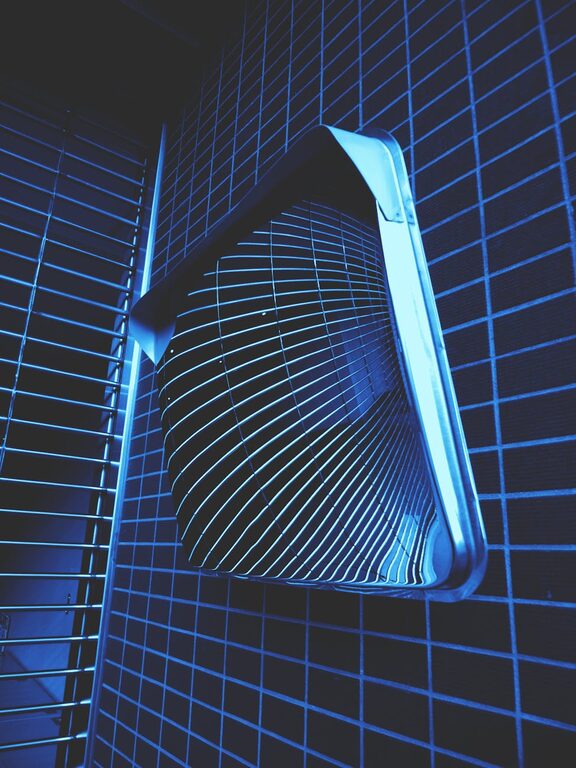Creating a minimalist bathroom setup is a wonderful way to bring a sense of calm and clarity to one of the most frequently used spaces in your home. Minimalism emphasizes simplicity, functionality, and clean lines, which can make your bathroom feel more spacious and organized. Whether you’re renovating or just refreshing your current bathroom, this guide will help you achieve a minimalist look with style and ease.
Why Choose a Minimalist Bathroom?
Minimalist bathrooms focus on the essentials while reducing clutter. This design style offers several benefits:
– Easier to clean and maintain
– Visually calming and relaxing
– More efficient use of space
– Encourages mindful use of personal items
– Timeless and adaptable to changing tastes
Step 1: Declutter and Simplify
Before adding or changing anything, start by removing unnecessary items:
– Clear out expired products and duplicates
– Keep only daily essentials visible — store extras out of sight
– Limit decorative items to just a few meaningful pieces
A clutter-free bathroom immediately feels more spacious and peaceful.
Step 2: Choose a Neutral Color Palette
Minimalist spaces work best with a muted, neutral palette. Consider colors such as:
– White or off-white
– Soft gray
– Beige or taupe
– Light wood tones
These shades create a clean backdrop and reflect natural light, making the bathroom feel airy and open.
Step 3: Opt for Simple, Functional Fixtures
Select bathroom fixtures that combine practicality with minimal design:
– Sink and vanity with clean lines, without ornate detailing
– Wall-mounted faucets and simple hardware in matte finishes
– Frameless mirrors to avoid visual clutter
– Sleek, modern lighting that disperses light evenly
Keep countertops clear by choosing vanities that include hidden storage.
Step 4: Maximize Storage While Staying Minimal
Good storage is key to maintaining a minimalist bathroom. Some ideas include:
– Floating shelves for towels and toiletries
– Built-in niches or recessed shelves in the shower
– Hidden cabinets under the sink or medicine cabinets with mirror fronts
– Matching containers for organizing essentials, avoiding mismatched bottles
Keep surfaces empty as much as possible to sustain the minimalist vibe.
Step 5: Select Minimalist Accessories
The right accessories can enhance your bathroom without overwhelming it:
– Choose towels, rugs, and shower curtains in solid colors or subtle patterns
– Minimalist soap dispensers and toothbrush holders, preferably in glass or metal
– Use plants sparingly — a single small succulent or air plant can add life without clutter
Avoid excessive decoration or overly bright colors.
Step 6: Incorporate Natural Elements
Bringing natural textures into your minimalist bathroom adds warmth and softness:
– Wood accents in vanity or shelving
– Stone countertops or tiles in neutral tones
– Bamboo or cotton towels for an organic feel
– Simple greenery to freshen air and aesthetics
Nature-based materials keep the design grounded and inviting.
Step 7: Maintain the Minimalist Routine
Once your minimalist bathroom is set up, maintain the simplicity with these habits:
– Regularly assess and remove unnecessary products or items
– Keep daily essentials organized and returned to their place
– Wipe surfaces frequently to avoid buildup and visual distractions
– Replace or repair any worn or outdated items promptly
Minimalism is not just about design; it’s about a lifestyle that values simplicity and mindfulness.
Bonus Tips for Small Bathrooms
If you’re working with limited space, consider these additional minimalist strategies:
– Use large mirrors to create an illusion of more space
– Opt for wall-mounted toilets and sinks to free up floor area
– Use glass shower doors instead of curtains to keep openness
– Choose light-colored tiles or paint to brighten the room
These tricks help small bathrooms feel less cramped and more serene.
—
Designing a minimalist bathroom does not require a complete remodel; often, simple changes and conscious decisions can transform your space dramatically. By focusing on calm colors, clear surfaces, functional storage, and subtle natural touches, you can create a clean, peaceful environment that supports your daily routines. Embrace minimalism not just as a style but as a way to enjoy simplicity and clarity in your home.

